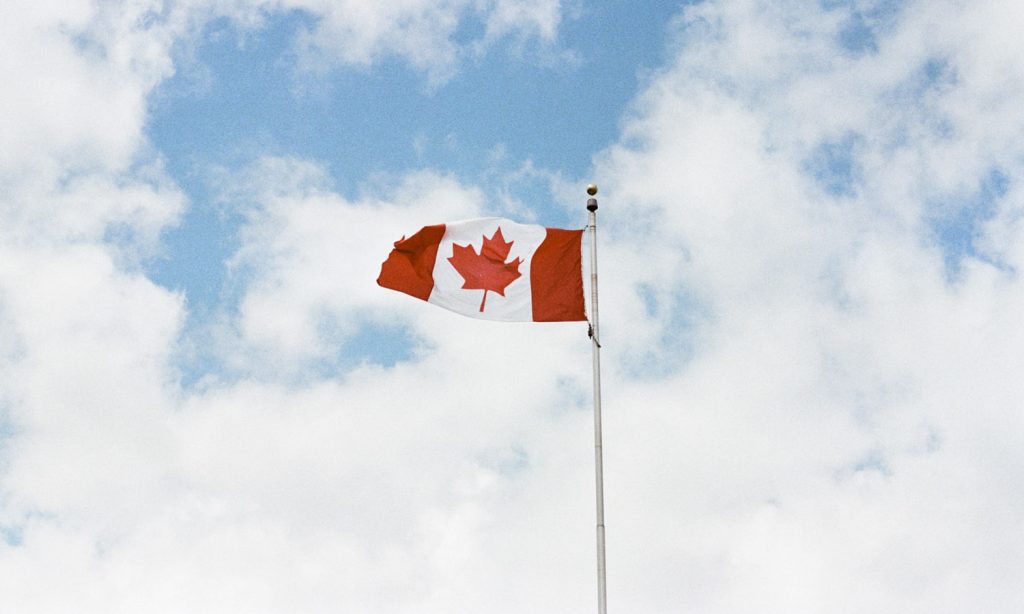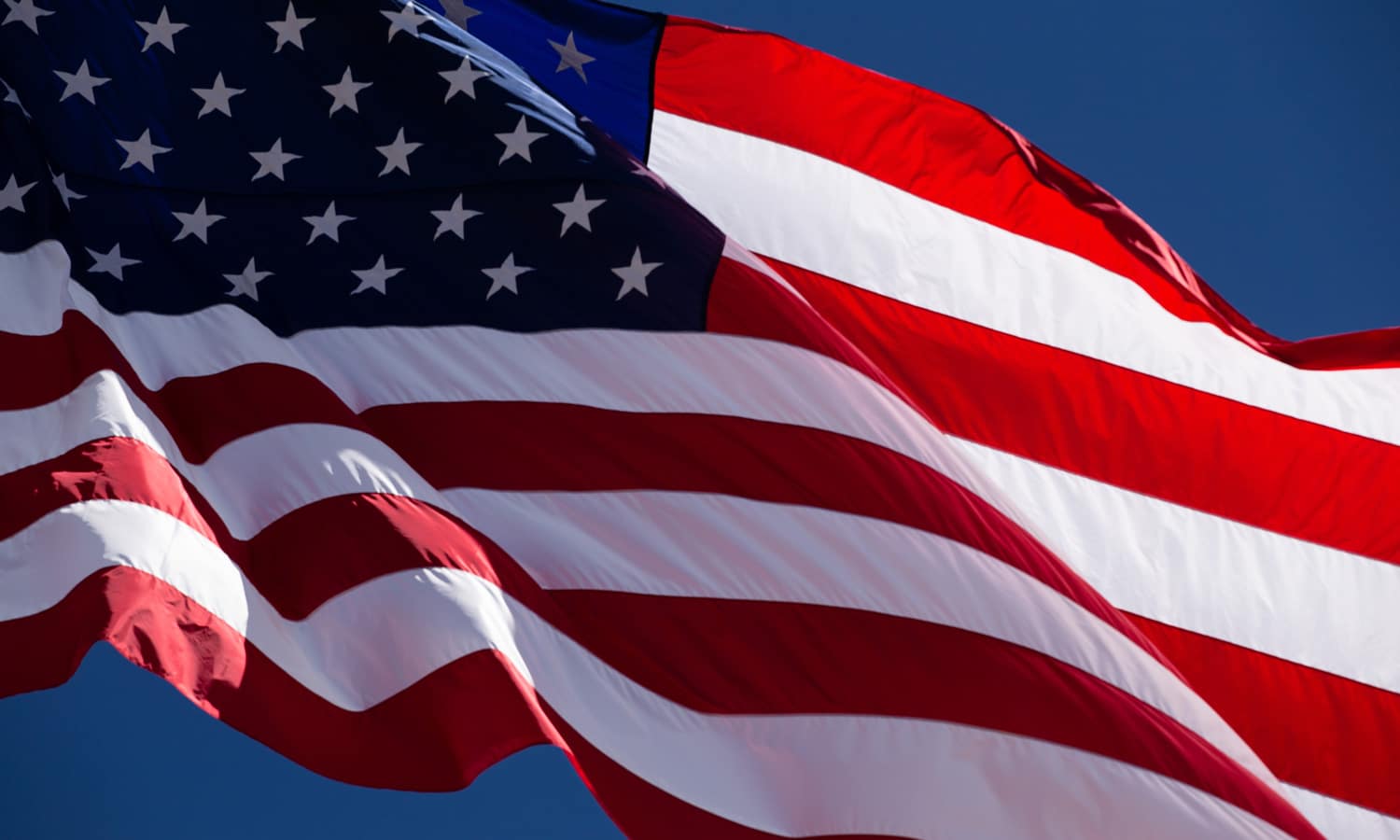US border officials reported increases in marijuana seizures at the Canadian border, while numbers fall at the Mexico border.
Securing the United States-Mexico border through a massive border wall was one of President Donald Trump’s major campaign promises in 2016. This week, it was reported U.S. Customs and Border Patrol (CBP) officials have seized nearly 5,000 pounds of marijuana at the border between Nov. 1, 2018 and Oct. 31, 2019. The only problem for Trump was CBP’s seizures happened at America’s Canadian border.
Ever since Canada legalized recreational cannabis nationwide, the volume of cannabis moving across the border into the United States has jumped significantly. Last year, CBP officials caught 2,214 kilograms (4, 881 pounds) in illegal marijuana. The figure represents a 75% increase from the year previous, when CBP officials seized 1,259 kilograms (2,775 pounds) in illicit cannabis. But CBP officials downplayed the significance of the statistics. Instead, they pointed the recorded individual seizures year to year: 3,917 incidents following Canadian legalization and 3,139 in the year prior to legalization.
RELATED: Did Canada Blow Its Chance To Be The World Cannabis Leader?
“Although the CBP recognizes an increase in marijuana seizures and incidents, seizures and incidents normally vary from year to year,” CPB spokesman Kris Grogan told CBC. Instead, Grogan calls the increase in volume a small “uptick” more than anything else.
Experts point to possible confusion in the law for those crossing the border into states with legal marijuana like Michigan or Washington. Some may mistake that because it’s legal in both places, it’s okay to cross the border with cannabis. But because it’s a national border, federal rules and penalties apply.

In addition, University of Ottawa drug policy expert Eugene Oscapella said the increase in volume could be explained by a different problem—Canada’s black market problem. Many Canadian provinces experienced shortages, complications, or higher prices when it came to buying marijuana following legalization. Within the first six months of legalization, 79% of all cannabis sales still occurred underneath the table, according to Statistics Canada. Those black market producers who can’t find buyers in Canada may be trying to move their goods elsewhere, theorized Oscpella.
“There’s the possibility that if they lose the Canadian market, that they’ll focus more effort on shipping it to the United States, places where it is still illegal, or to other countries for that matter,” Oscapella told CBC.
“But I don’t know that we’ve been successful enough in getting people to shift to the Canadian legal market, that it’s really dented the profits of criminal organizations significantly here.”
RELATED: Who Wins From Marijuana Taxes? It’s Not Always Who You Think.
As far as the US-Mexico border, a Cato Institute report found that state marijuana legalization has stopped drug smuggling more successfully than Trump’s border wall. Using government data, the report concludes that “smuggling has fallen 78 percent over just a five-year period,” which coincided with state-level marijuana legalization.
State-level marijuana legalization has undercut demand for illegal Mexican marijuana, which in turn has decreased the amount of drug smuggling into the United States across the southwest border,” the paper reads.


